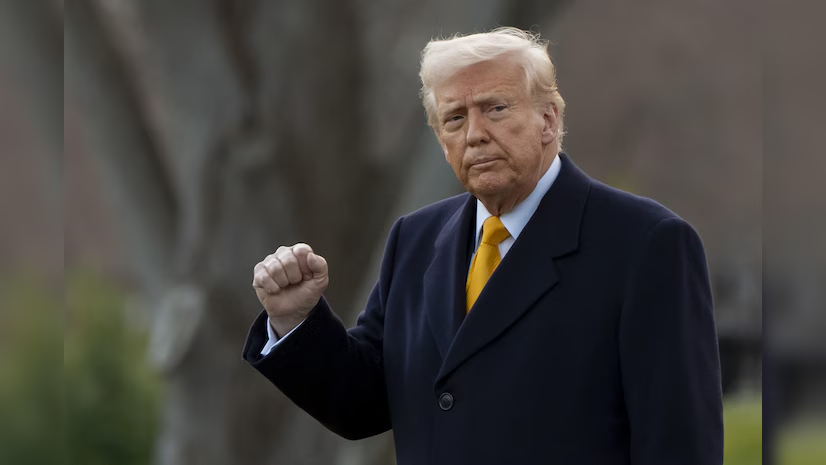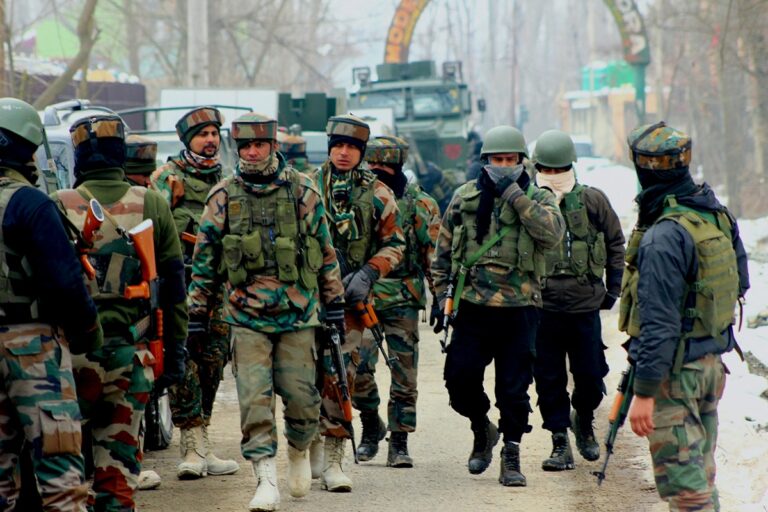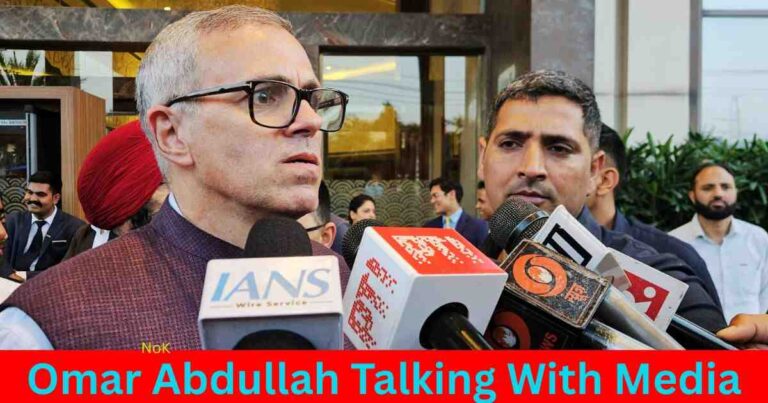Trump Threatens Iran with Unprecedented Bombing – ‘Bad Things Will Happen’ if No Deal is Reached!
Former U.S. President Donald Trump has once again stirred global tensions by issuing a stark warning to Iran regarding its nuclear program. In a recent interview with NBC, Trump made it clear that if Tehran does not agree to a new nuclear deal with Washington, it will face severe consequences, including large-scale bombings and economic sanctions.
Click Here To Follow Our WhatsApp Channel
Trump’s Warning to Iran
Speaking during a phone interview, Trump said, “If they don’t reach an agreement, there will be bombing.” He further hinted that economic measures could also be imposed, adding, “There is also a possibility that I will impose tariffs on them, just like I did four years ago.”
Trump’s statements signal a return to his hardline approach toward Iran, reminiscent of his first term when he abandoned the 2015 nuclear deal and reimposed strict sanctions on Tehran.
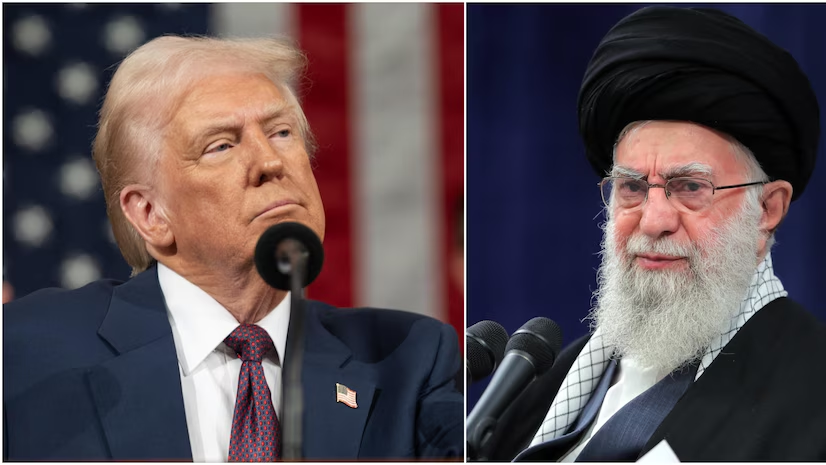
A History of Tensions: Trump and Iran
During his presidency (2017-2021), Trump withdrew the U.S. from the Joint Comprehensive Plan of Action (JCPOA), commonly known as the Iran nuclear deal, which had been negotiated under the Obama administration. The agreement placed strict restrictions on Iran’s nuclear activities in exchange for sanction relief. However, Trump argued that the deal was too lenient and reinstated sweeping economic sanctions.
Following the U.S. withdrawal, Iran exceeded the uranium enrichment limits set by the deal, heightening concerns over its nuclear capabilities. The Trump administration maintained a policy of “maximum pressure,” hoping that economic hardship would force Iran back to the negotiating table. However, Iran resisted and has continued its nuclear advancements.
Iran’s Response to Trump’s Threats
Iran has swiftly dismissed Trump’s warnings. Iranian President Masoud Pezeshkian confirmed that the U.S. received Iran’s response through Oman but insisted that direct negotiations were off the table. However, he left room for indirect talks, stating, “Iran has never avoided negotiations, but violations by the other party have eroded trust. This trust must be restored.”
Iranian Foreign Minister Abbas Araghchi echoed these sentiments, stating that while Iran remains open to diplomatic solutions, it will not negotiate under threats or military pressure. “Our policy is clear: We will not engage in direct talks under coercion, but indirect negotiations can continue as they have in the past,” he said.
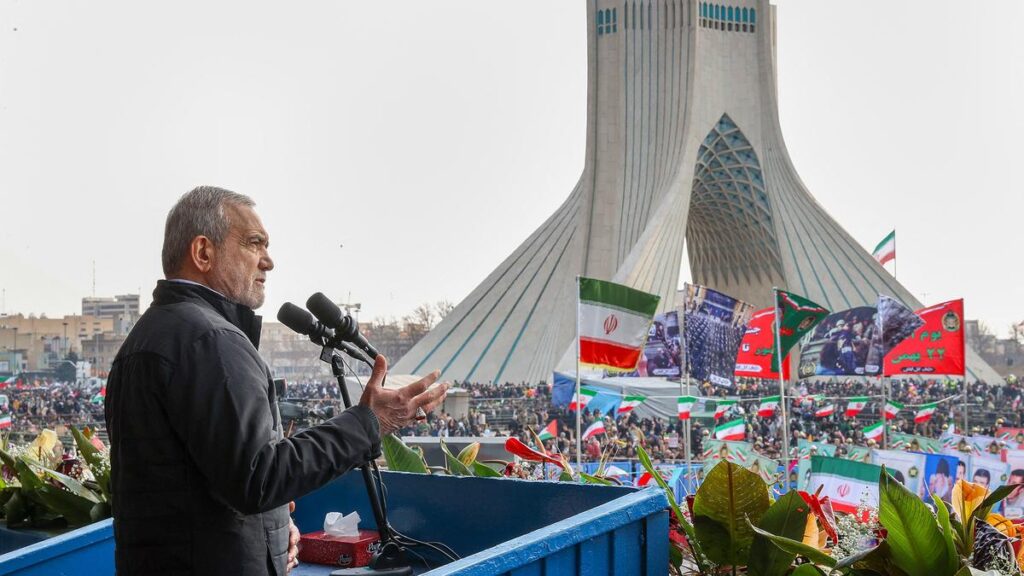
Photo Credit: Reuters
Trump’s Message to Iran: A Mixed Approach
Trump’s warning was accompanied by a formal letter addressed to Iran’s Supreme Leader, Ayatollah Ali Khamenei. The letter, first leaked by the Arab Center for Iranian Studies, contained both an offer for peace and a stern warning. Trump wrote:
“With respect for your leadership and the Iranian people, I write to explore new opportunities for cooperation. We have witnessed decades of conflicts, misunderstandings, and unnecessary hostility. But now, we have a historic opportunity. Under my leadership, the U.S. is prepared to take major steps toward peace and de-escalation.”
“We can lift sanctions, empower the Iranian economy, and open doors for collaboration that would benefit both nations. However, if you reject this extended hand and continue to support extremist groups or engage in military aggression, the response will be swift and decisive.”
“If you are ready for talks, so are we. But if you ignore this opportunity, history will record that you let a great chance slip away.”
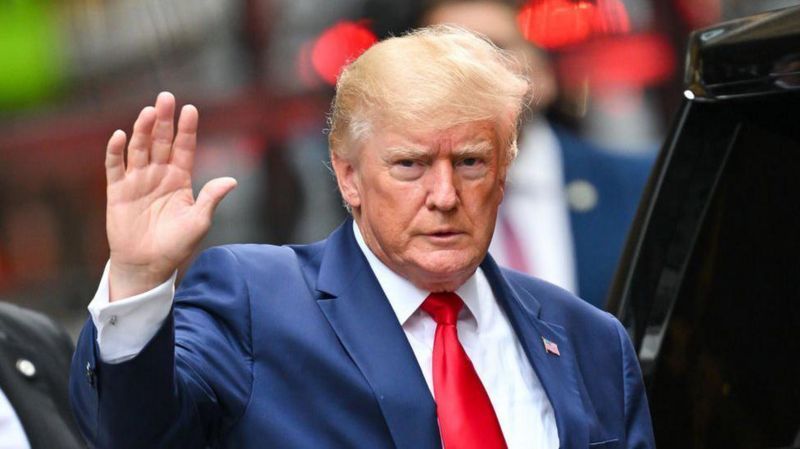
Could There Be a Military Conflict?
Trump’s warning has sparked fears of military escalation between the U.S. and Iran. His statements suggest that if diplomacy fails, Washington may resort to military action. Analysts believe that this approach could either pressure Iran into negotiations or push the region closer to conflict.
Political observers point out that Trump’s strategy is not new. His previous administration followed a similar path of threats and economic pressure, yet Iran remained defiant. The Biden administration has taken a more diplomatic approach, but Trump’s latest remarks suggest that, if re-elected, he would return to a more aggressive stance.
What’s Next?
With Iran continuing to expand its nuclear capabilities and Trump reaffirming his commitment to a tough stance, the situation remains volatile. Whether Tehran will engage in indirect talks or completely reject Washington’s outreach remains uncertain.
One thing is clear: If Trump follows through on his threats, U.S.-Iran relations could enter another period of intense hostility, potentially destabilizing the Middle East. The world now waits to see if Iran will engage in diplomacy or brace itself for economic and military retaliation.
You Might Also Like:
Eid al-Fitr 2025: Saudi Arabia, UAE Confirm Sunday March 30
Fact Check: Imran Khan Has Not Been Nominated for the Nobel Peace Prize
16-Year-Old Scooty Rider Faizan Ahmad Nanda Dies After Being Hit by Vehicle in Srinagar
